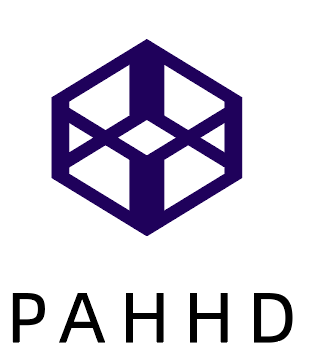

Assoc.Prof. Peiliang Lei
School of Educational Science, Quanzhou Normal University
Speech title: Higher Education Supporting and Leading the High-quality Development of Regional Economy: Ideas, Strategies and Actions
Abstract: Because of a new stage of development, regional economic and so cial development requires higher education, and the thirst for scientific knowledge and outstanding talents is stronger than ever before.
The status and role of higher education have experienced a profound change, and its supporting and leading role of higher education in regional economic development continues to be prominent, especially the role of leading weight is increasing. To meet the requirements of high-quality development of the regional economy, higher education should implement a diversified, clustered, open, and connotative development strategy.
By optimizing the layout structure, deepening the integration of production and education, promoting collaborative innovation, promoting open cooperation, and expanding policy supply, we will build a qualified higher education system and actively shoulder the important responsibilities and missions of serving the national strategy and regional economic and social development.

Prof. Jiang Yushi
School of economics and management, Southwest Jiaotong University
Speech title: How Dispersive Opinions Affect Consumer Decisions: Endowment Effect Guides Attributional Inferences
Abstract: Electronic word-of-mouth (eWOM) dispersion, reflecting the extent of reviewers’ opinion divergence regarding a product, determines consumer decisions. Drawing upon the endowment effect and attribution literature, this research proposes that the endowment effect mediates the influence of eWOM dispersion on attributional inferences, and the display formats of eWOM dispersion (“horizontal bar chart” vs. “eWOM content”) moderate the mediating influence of endowment effect on attributional inferences of eWOM dispersion. Three complementary studiesreveal three key insights in this setting. First, when consumers already having an emotional attachment to a product and subsequently encountering dispersive eWOM, the higher the level of eWOM dispersion, the stronger the endowment effect. Secondly, In such circumstance, the stronger endowment effect promotes more reviewer-related attribution inference of high-dispersion eWOM, and the weaker endowment effect promotes more product-related attribution inference of low-dispersion eWOM. Third, the positive influence of eWOM dispersion on endowment effect is stronger for eWOM dispersion in the complexity or disfluency display format (i.e. “reviewers’ impression of product”)